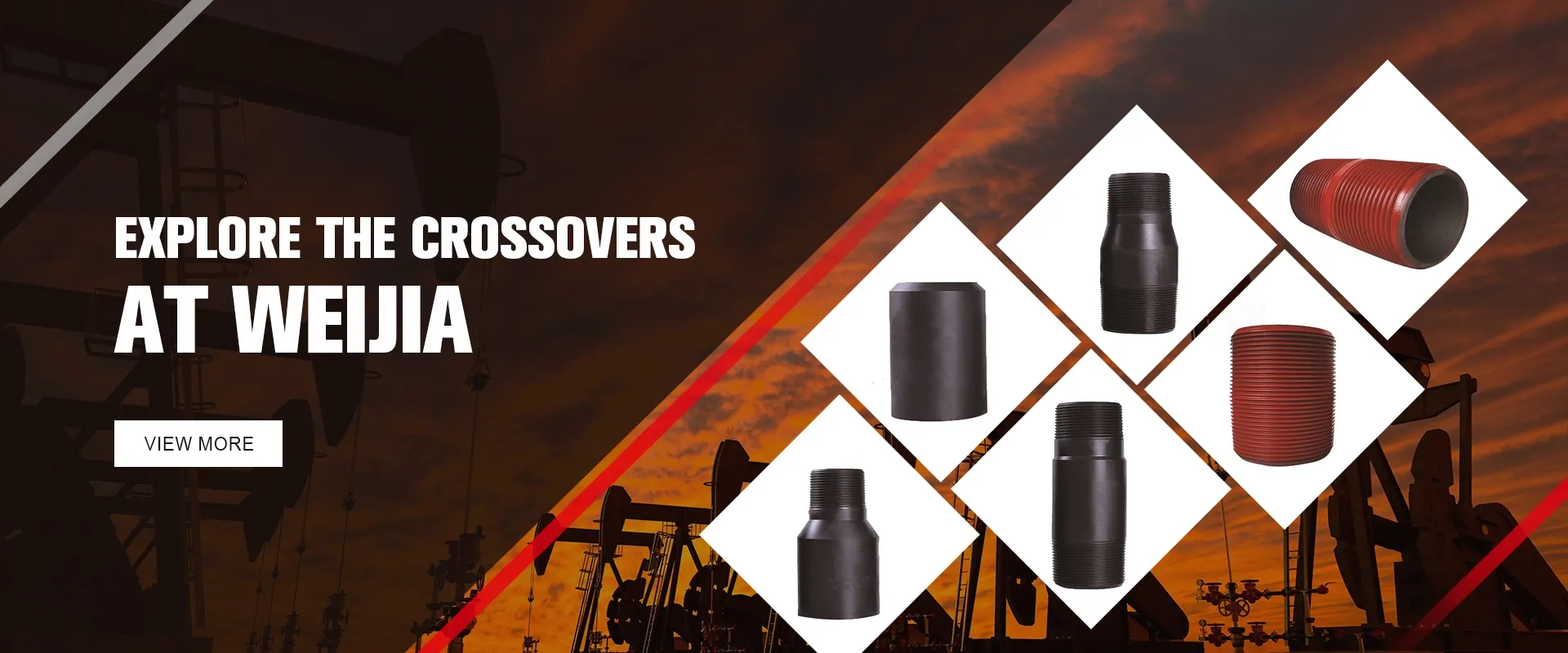- Afrikaans
- Albanian
- Amharic
- Arabic
- Armenian
- Azerbaijani
- Basque
- Belarusian
- Bengali
- Bosnian
- Bulgarian
- Catalan
- Cebuano
- Corsican
- Croatian
- Czech
- Danish
- Dutch
- English
- Esperanto
- Estonian
- Finnish
- French
- Frisian
- Galician
- Georgian
- German
- Greek
- Gujarati
- Haitian Creole
- hausa
- hawaiian
- Hebrew
- Hindi
- Miao
- Hungarian
- Icelandic
- igbo
- Indonesian
- irish
- Italian
- Japanese
- Javanese
- Kannada
- kazakh
- Khmer
- Rwandese
- Korean
- Kurdish
- Kyrgyz
- Lao
- Latin
- Latvian
- Lithuanian
- Luxembourgish
- Macedonian
- Malgashi
- Malay
- Malayalam
- Maltese
- Maori
- Marathi
- Mongolian
- Myanmar
- Nepali
- Norwegian
- Norwegian
- Occitan
- Pashto
- Persian
- Polish
- Portuguese
- Punjabi
- Romanian
- Russian
- Samoan
- Scottish Gaelic
- Serbian
- Sesotho
- Shona
- Sindhi
- Sinhala
- Slovak
- Slovenian
- Somali
- Spanish
- Sundanese
- Swahili
- Swedish
- Tagalog
- Tajik
- Tamil
- Tatar
- Telugu
- Thai
- Turkish
- Turkmen
- Ukrainian
- Urdu
- Uighur
- Uzbek
- Vietnamese
- Welsh
- Bantu
- Yiddish
- Yoruba
- Zulu
well casing coupler
The Role of Well Casing Couplers in Oil and Gas Operations
In the oil and gas industry, the integrity and functionality of wells are crucial for successful extraction operations. One of the essential components that contribute to this integrity is the well casing coupler. These couplers serve as connectors between different lengths of casing pipes, ensuring a secure and reliable connection vital for maintaining the well's structure and preventing environmental contamination.
Understanding Well Casing
Before delving into the specifics of casing couplers, it is essential to understand the purpose of well casing itself. Well casing refers to the piping that is installed in a borehole to provide stability and prevent collapse. It isolates the well from surrounding geological formations and protects freshwater aquifers from contamination. Proper casing also helps manage pressure within the well and facilitates the flow of hydrocarbons during extraction.
What Is a Well Casing Coupler?
A well casing coupler, often referred to as a casing coupling or adapter, is a mechanical device designed to join two sections of casing together. Typically made from robust materials like steel, these couplers are crucial for maintaining the structural integrity of the wellbore. Their design can accommodate various casing diameters and types, allowing versatility in operations. Some couplers are threaded to ensure a tight fit, while others may employ a more sophisticated locking mechanism.
Importance of Well Casing Couplers
1. Structural Integrity The primary function of casing couplers is to ensure the stability of the entire well structure. A secure connection between casing pipes prevents leaks and collapses, safeguarding both the drilling crew and the surrounding environment.
well casing coupler

2. Pressure Management In the extraction of oil and gas, pressure variations are common. Well casing couplers help manage these pressure differences between the casing sections, which is critical for preventing blowouts — uncontrolled releases of crude oil or natural gas from the well.
3. Environmental Protection Properly installed casing couplers play a vital role in environmental protection. They help to create a barrier that prevents contaminants from entering groundwater systems. This is increasingly important in a regulatory environment that emphasizes responsible resource extraction.
4. Efficiency and Cost-Effectiveness By providing reliable connections between casing segments, well casing couplers streamline installation and maintenance processes, reducing downtime in operations. This efficiency translates to cost savings, which is a significant consideration in the resource-extraction industry.
Selection and Application
Choosing the right well casing coupler involves several considerations, including the type of casing, the depth of the well, and specific geological conditions. Engineers must evaluate the mechanical properties of the couplers to ensure they can withstand the anticipated stresses and pressures.
In practice, applying couplers requires skilled labor. Proper installation is paramount and often involves using specialized tools to ensure the couplers are fitted securely. Regular inspections during the drilling and production phases also help ensure the couplers remain effective throughout the well's life cycle.
Conclusion
In the oil and gas industry, the importance of well casing couplers cannot be overstated. They are essential for maintaining the safety and integrity of wells, managing pressure, and protecting the environment. As exploration and production activities continue to evolve, the demand for high-quality, reliable casing couplers will grow. Investing in advanced materials and technologies for these couplers will ultimately contribute to safer and more efficient oil and gas operations, adhering to the industry's commitment to sustainable practices. As the world moves toward cleaner energy sources, ensuring the responsible extraction of hydrocarbons is vital, and well casing couplers play a significant role in that endeavor.
-
Tubing Pup Joints: Essential Components for Oil and Gas OperationsNewsJul.10,2025
-
Pup Joints: Essential Components for Reliable Drilling OperationsNewsJul.10,2025
-
Pipe Couplings: Connecting Your World EfficientlyNewsJul.10,2025
-
Mastering Oilfield Operations with Quality Tubing and CasingNewsJul.10,2025
-
High-Quality Casing Couplings for Every NeedNewsJul.10,2025
-
Boost Your Drilling Efficiency with Premium Crossover Tools & Seating NipplesNewsJul.10,2025







